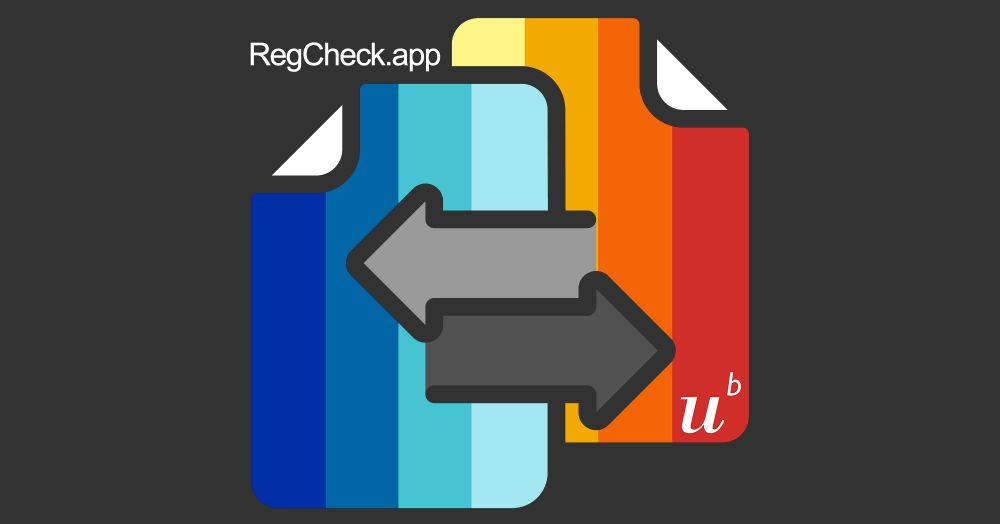
PhD & lic. psychologist. Research specialist at Karolinska Institutet @ki.se . R package for Rasch psychometrics: pgmj.github.io/easyRasch/
#openscience, #prevention, #psychometrics, #rstats, #photo
Reposted by Joanna Bryson, Shannon Vallor, Richard S.J. Tol , and 20 more Joanna Bryson, Shannon Vallor, Richard S.J. Tol, Dorothy Bishop, Will Jennings, Gavin L. Foster, Steve Peers, Tim Bale, Charles West, Jeremy T. Kerr, Edgar Morgenroth, Magnus Johansson, Michelle Everson, Jonathan Hopkin, Margot C. Finn, Julian R. Betts, Michael H. Whitworth, Graham Dutfield, Philipp Sarasin, Greg Linden, Klaus Oschema, Manisha Sinha, Pepper D. Culpepper
metaresearch.nl/blog/2026/2/...
#rstats #psychometrics
Reposted by Magnus Johansson
1/3
Reposted by Magnus Johansson, Mathieu Hainselin, Matti Vuorre


RegCheck was built to help make this process easier.
Today, we launch RegCheck V2.
🧵
regcheck.app
Reposted by Magnus Johansson
arevie.ws/4jRYY6B
Reposted by Magnus Johansson
Reposted by Shannon Vallor, Dorothy Bishop, Peter Thorne , and 23 more Shannon Vallor, Dorothy Bishop, Peter Thorne, Mor Naaman, Gavin A. Schmidt, Elena Litchman, Tom Clark, Steve Peers, Lesley A. Hall, Peter Holmes, Magnus Johansson, Daniel W. Drezner, Micaël Castanheira, Alan Richardson, Vincent Noël, Andrew L. Whitehead, Jacob T. Levy, Christine Kooi, Stephen Ryan, Mark Robinson, David Murakami Wood, Mark Rice, Thomas Masterson, Pauline Stafford, Simon Lester, Farah Mendlesohn

Reposted by Magnus Johansson

Ilford Ortho+ 80 developed with Ilfotec HC 1+31. Taken with a Bronica SQAi & 80mm.
#fridayfavourites #2025fave #filmphotography
Reposted by Magnus Johansson
solomon.quarto.pub/sr2/
1/3
#rstats
Reposted by Magnus Johansson

A win for #IBD patients, and especially for kids with #IBD. @crohnsandcolitisau.bsky.social @f2harrell.bsky.social
www.fda.gov/news-events/...
Reposted by Magnus Johansson
If it's a small fraction of its vision down the road, I'd still be happy.
Check out Chive (docs.chive.pub/getting-star...).
- scholar owned
- open/community peer review
- semantic linking to terms
Reposted by Magnus Johansson


If you share a single thing of my lab this year, please make it this competition.
eiko-fried.com/warn-d-machi...
Reposted by Magnus Johansson, Paul Goldsmith-Pinkham




